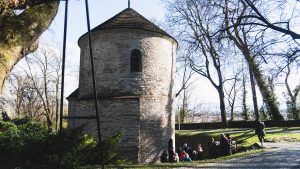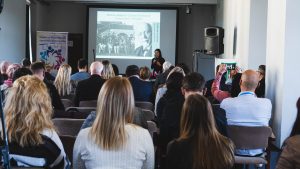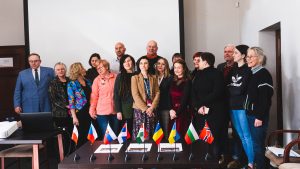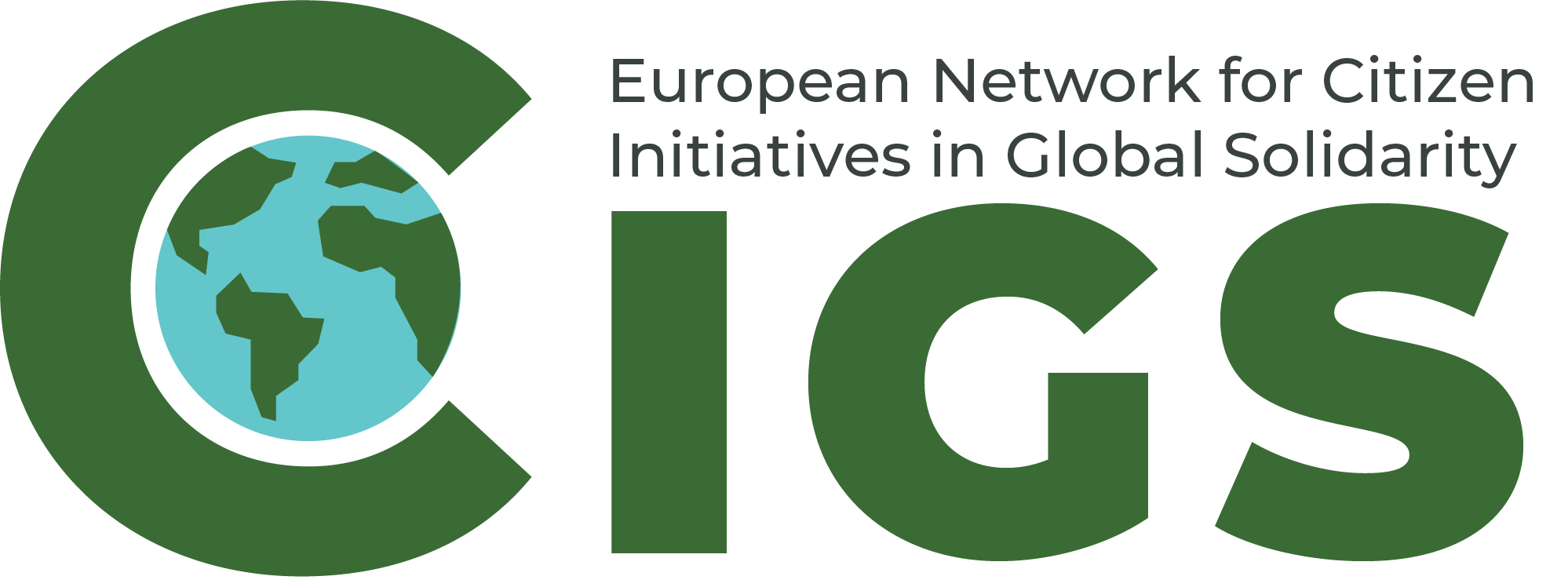 More and more local communities across the globe are struggling to maintain the uniqueness of the places they live in and at the same time to balance this with their economic development. Ecotourism may serve as a tool for enhancing quality of life, increasing opportunities for environmentally responsible economic development, and conserving fragile natural resources, cultural heritage and landscapes. At the grassroots level ecotourism is a tool to foster economic development based on local resources, improve the livelihoods of local residents and at the same time strengthens cultural and social identity and sense of place.
More and more local communities across the globe are struggling to maintain the uniqueness of the places they live in and at the same time to balance this with their economic development. Ecotourism may serve as a tool for enhancing quality of life, increasing opportunities for environmentally responsible economic development, and conserving fragile natural resources, cultural heritage and landscapes. At the grassroots level ecotourism is a tool to foster economic development based on local resources, improve the livelihoods of local residents and at the same time strengthens cultural and social identity and sense of place.
By: Dominika Zaręba, Fundusz Partnerstwa, Environmental Partnership Association / Foto's by: Katarzyna Szczęśniak
 March 29th, 2023 the international conference on “CULTURE AND NATURE. Local communities for heritage: good practices in Central Europe” took place in the cross-border town of Cieszyn, Poland. The idea of Nature and Culture was taken from the famous essay entitled “Kultura a Natura” from 1913 by Jan Gwalbert Pawlikowski (1860-1939), an outstanding publicist, economist and politician, one of the pioneers in nature preservation in Poland. Nature preservation is no longer understood as a task reserved for nature specialists, but is a widespread cultural and social phenomenon that is characteristic of the modern civilization. Jan Gwalbert Pawlikowski made this observation at the beginning of the last century, but his concepts had to mature for a rather long time before realization stage today. When choosing the place of the conference, the organizers decided that Cieszyn and the cross-border Polish-Czech Cieszyn/Těšín Silesia combine the concept of Culture and Nature in a great way, and that the region inspires actions for the protection of heritage and the development of ecotourism.
March 29th, 2023 the international conference on “CULTURE AND NATURE. Local communities for heritage: good practices in Central Europe” took place in the cross-border town of Cieszyn, Poland. The idea of Nature and Culture was taken from the famous essay entitled “Kultura a Natura” from 1913 by Jan Gwalbert Pawlikowski (1860-1939), an outstanding publicist, economist and politician, one of the pioneers in nature preservation in Poland. Nature preservation is no longer understood as a task reserved for nature specialists, but is a widespread cultural and social phenomenon that is characteristic of the modern civilization. Jan Gwalbert Pawlikowski made this observation at the beginning of the last century, but his concepts had to mature for a rather long time before realization stage today. When choosing the place of the conference, the organizers decided that Cieszyn and the cross-border Polish-Czech Cieszyn/Těšín Silesia combine the concept of Culture and Nature in a great way, and that the region inspires actions for the protection of heritage and the development of ecotourism.
The event
The conference was attended by over 50 representatives of civil society organizations, local governments and entrepreneurs from the Cieszyn/Těšín Silesia and the Upper Oder region, as well as other parts of Poland and Central Europe – the Czech Republic, Slovakia, Hungary, Serbia and Ukraine. The whole event took the form of lectures, interviews and debates with interesting, inspiring people – creators of unique ideas and projects. Speakers presented good practices for cultural and natural heritage in their small homelands. They also mentioned the role of ecotourism and heritage initiatives in strengthening social equity, especially in so far as it empowers women. Ecotourism, based on local resources and uniqueness of a place, might be a brilliant opportunity for women to to pursue their professional and personal goals in the communities in which they live and work.
The Result
 The conference resulted in the signing of the “Culture and Nature Declaration” about the role of ecotourism in protecting and preserving natural and cultural heritage”. 26 signatories of this declaration – representatives of the NGOs and the European networks, agreed that ecotourism can play a truly unique role in helping communities and societies all over the world to bring back growth and stability. Unlike any other form of economic activity, it depends on constant, authentic interactions between people and within and between communities, international dialogue, respect for local culture and diversity, openness, collaboration and solidarity that transcends national boundaries.
The conference resulted in the signing of the “Culture and Nature Declaration” about the role of ecotourism in protecting and preserving natural and cultural heritage”. 26 signatories of this declaration – representatives of the NGOs and the European networks, agreed that ecotourism can play a truly unique role in helping communities and societies all over the world to bring back growth and stability. Unlike any other form of economic activity, it depends on constant, authentic interactions between people and within and between communities, international dialogue, respect for local culture and diversity, openness, collaboration and solidarity that transcends national boundaries.
